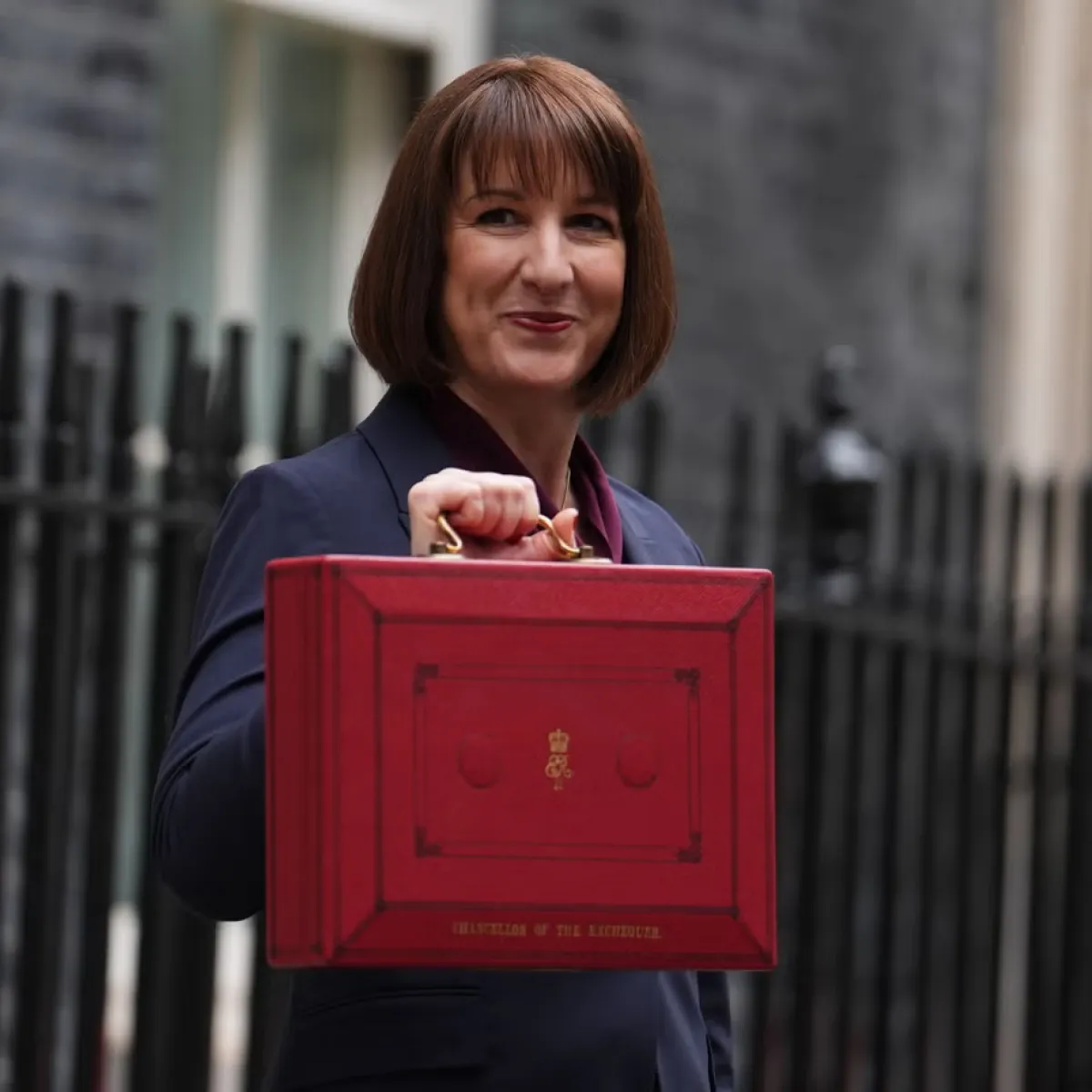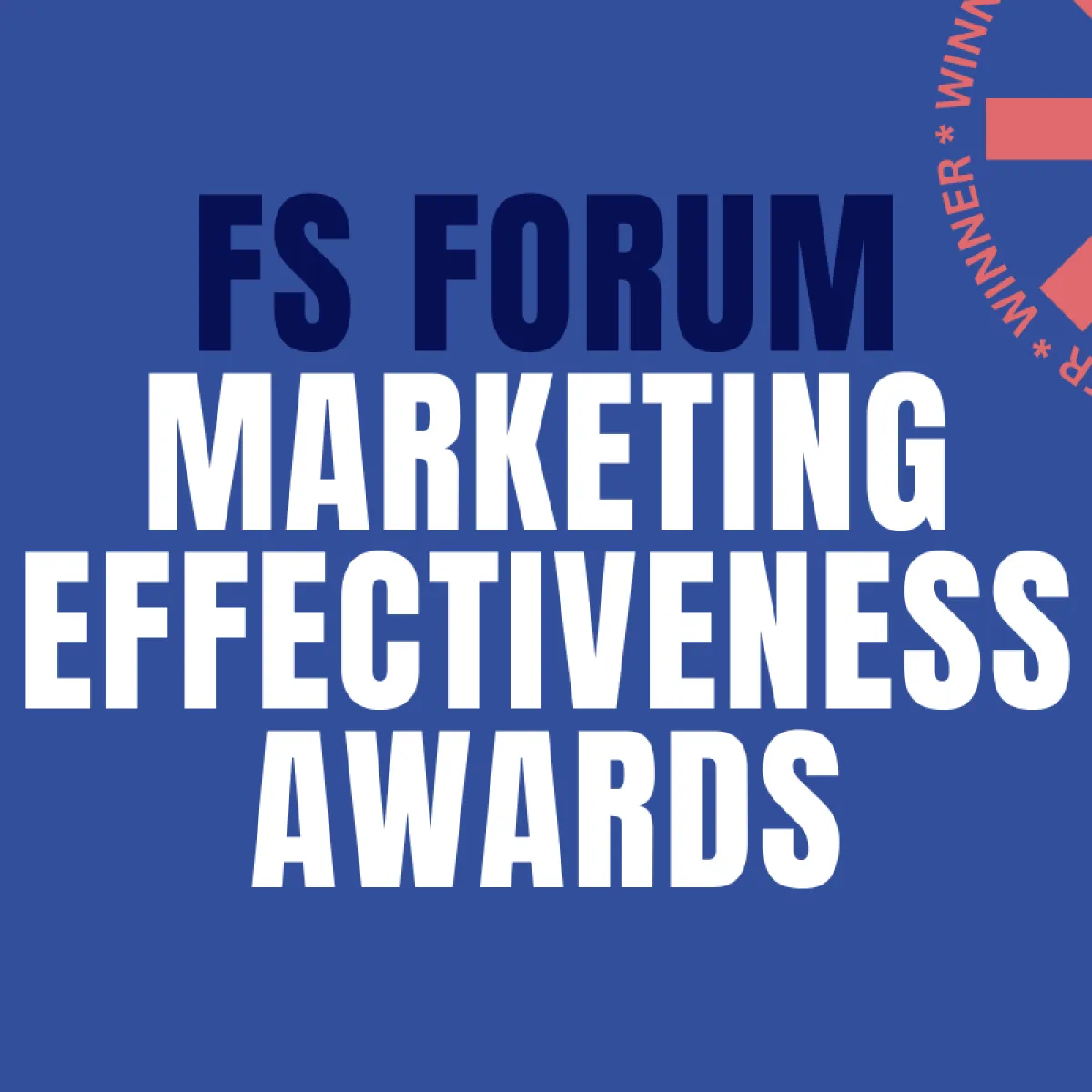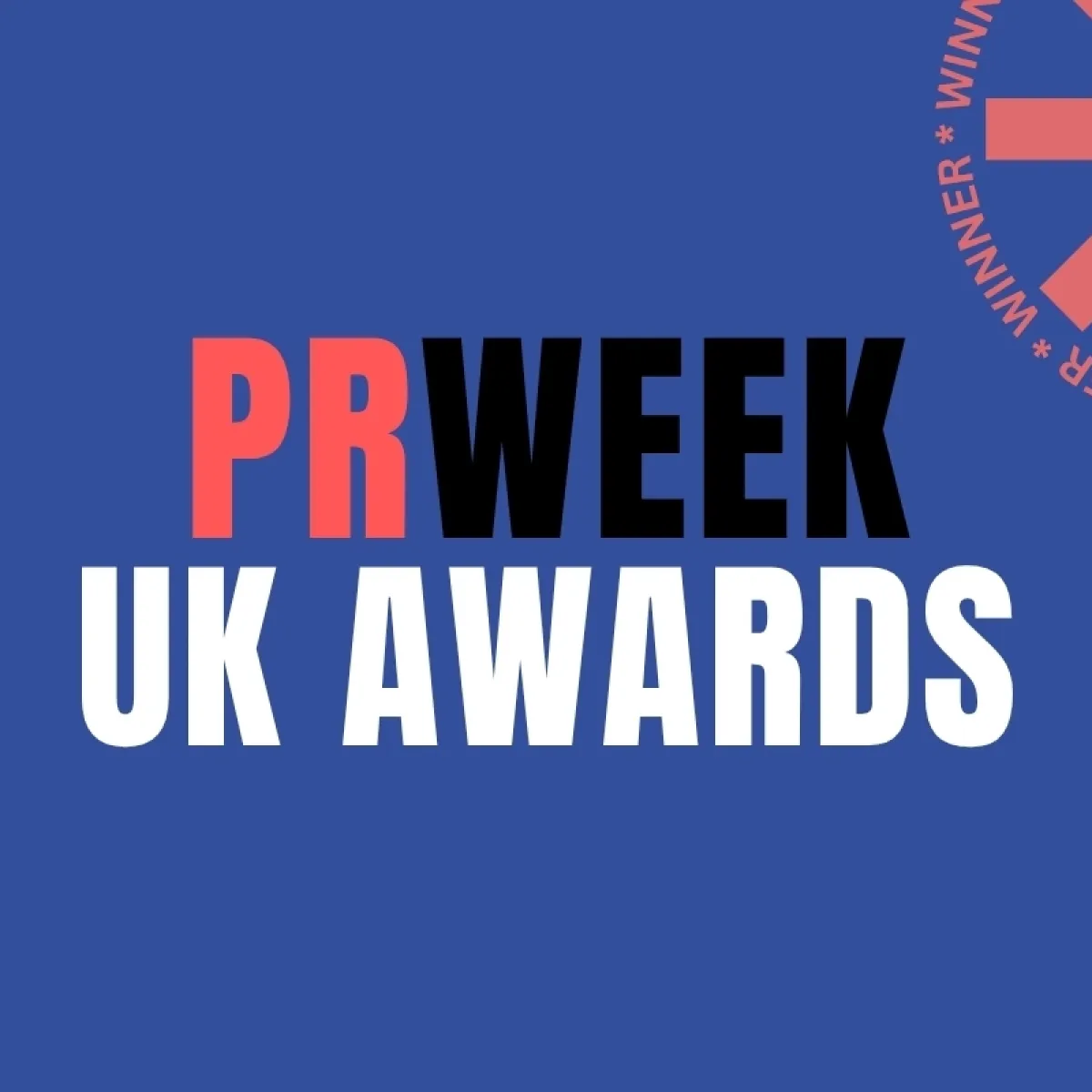This website uses cookies. Learn more
What can CEOs learn from Boris Johnson’s success?
If you think your last year’s been strange, how must it be for our Prime Minister?
The man who last week married Lansons alumna Carrie Symonds (yes, she was once an executive in our public affairs team) has been beset by problem after problem. Covid-19 communication has been a disaster. His former adviser Dominic Cummings labelled him “unfit for the job of Prime Minister”. We still don’t really know who paid to remove the John Lewis from his Downing Street flat and why. He seems to have both opposed and supported the European Super League, not to mention that “pile of bodies” quote, texts to James Dyson and Jennifer Arcuri. Yet last week’s Opinium poll has him still 6% ahead of Labour after a landslide victory in May’s local elections. As Private Eye so memorably says in the current edition: “New bombshell sees PM’s popularity slump to record high”.
Successful politicians so often set the tone for how our business leaders act, but what are CEOs to learn from Boris Johnson’s success?
Well it’s certainly not his rather loose association with the truth. Peter Stefanovic’s video detailing his “mis-speaking” has attracted over 13.5m views online. It lays out the occasions when the Prime Minister has made false statements on the record, on subjects including CO2 emissions; relative poverty; nurses’ bursaries; and the government’s “record” NHS investment. If the Chief Executive of a FTSE-100 company did this, legal counsel and the investor relations function would be issuing corrections to the market on a weekly, even daily, basis.
Boris Johnson’s general approach and manner are, however, much more interesting. As we emerge from the pandemic in whatever stuttering form, I believe that we want to see positivity. And we want to see a leader that loves life and smiles. Witness Boris Johnson being received like a rock star in Hartlepool recently and you see a gulf in how the average CEO is received by their workers. Sometimes, as Ella Fitzgerald and later Bananarama said, it ain’t what you sing it’s the way that you sing it.
The other thing that CEOs can learn from Boris is how to use language. First he insures himself from charges of lacking intellectual depth through occasional classical references and a love of Pericles. Then, day to day, he strips language down and talks in seemingly purposeful soundbites. The man who “took back control” and then “got Brexit done” has been in overdrive during coronavirus. The UK doesn’t have a vaccination programme it has “jabs in arms”. It doesn’t have a lockdown relaxation plan but a “one way road map to freedom”. We need to “turbocharge” our economic recovery and "build back better". His Government isn't combating inequality, it's "levelling up".
In his language, he has a unique skill in avoiding zombie words. By that, I mean once great words that have been misused so often by politicians, bankers and sports officials, that they no longer carry any meaning. Zombie words change from year to year and month to month and currently include "robust", "transparency", "sustainability" and "integrity". Zombie phrases currently include "opportunity for all", "we're following the science", "mindfulness" and "democratic institutions". Amongst the next words to become briefly meaningless is "resilience". Many CEOs (and Keir Starmer) seem to talk almost exclusively in these words. Boris has a fantastic antennae for avoiding them and keeping his language fresh. He speaks the language of voters.
Maybe the final thing to learn from the Prime Minister is to be able to laugh at yourself. I heard Raymond Blanc say on Radio 4’s Saturday Live recently that it was his favourite thing about the British, but it’s not something that’s too common amongst our politicians and business leaders.
Normally in this newsletter I write about how reputation is ultimately based on reality and behaviour, on deeds as well as words. I’m not saying that Boris Johnson is only words. The UK’s vaccination programme and NHS is second to none. He also stands for some kind of popular Englishness. But words do matter. And as we re-emerge from a pandemic that has been comfortably numb for many people, we want to see our business leaders actually leading – with positivity, a smile, some self-depreciation and powerful, memorable, evocative, everyday words.
Stay in the loop with our experts




New Business: to find out how we can help you, contact our dedicated new businesss team consultancy@lansons.com
Careers: we’d love to hear from you, please visit our careers hub











